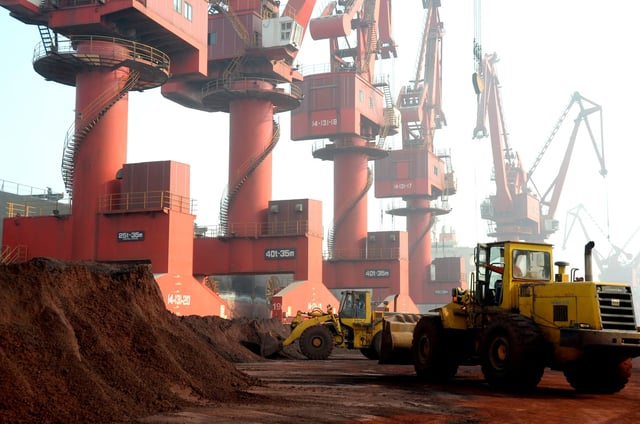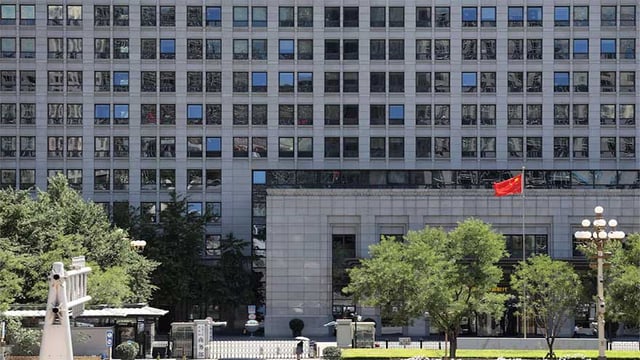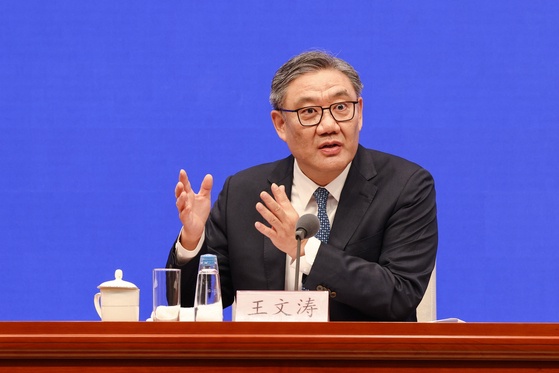Overview
- China added processed rare-earth materials, specific elements and alloys, and permanent magnets to its control list, and it now requires export licences for rare-earth recycling equipment.
- Licences will be denied to overseas defense users, while applications tied to advanced semiconductors will be reviewed case by case, covering 14 nm logic, 256-layer memory, related production and test equipment, and AI research with potential military use.
- Extraterritorial rules will require licences for items produced abroad that contain Chinese-sourced rare earths or rely on Chinese mining, refining, metallurgy, magnet-making, or recycling technologies, with the new reach starting on December 1.
- China also broadened restrictions on technology to make rare-earth magnets and signaled limits on components and assemblies that include restricted magnets.
- Shares of Chinese rare-earth firms rose after the announcement, and import-reliant South Korea is accelerating diversification through Vietnam as major chipmakers expand alternative supply channels; some analysts see the timing as an effort to boost leverage before expected Trump–Xi talks.


